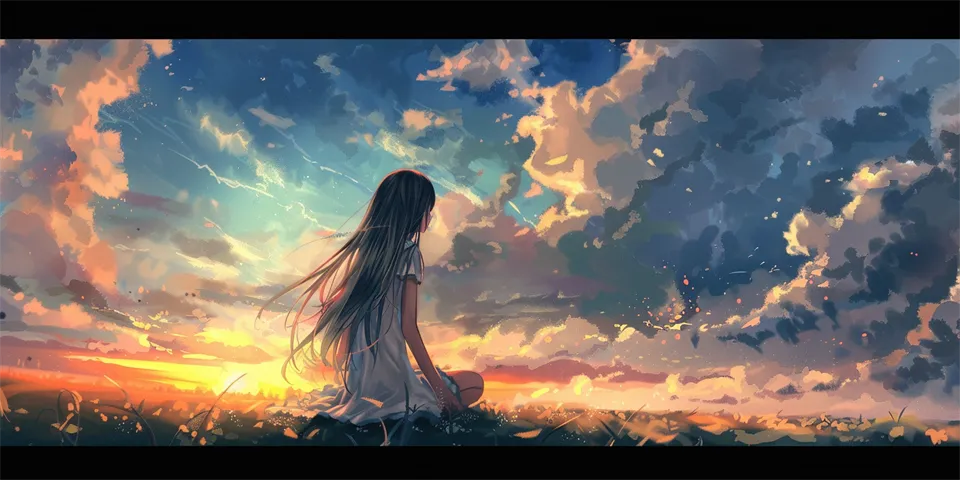How are fanfiction channels not sued
As an intriguing cultural phenomenon, fanfiction channels are platforms where fan stories based on pre-existing works are shared, celebrated, and even critiqued. However, the legalities around this form of writing can be a complex and confusing pool to wade in and makes one wonder - how are these fanfiction channels not sued? Let's delve into the reasons.
1. First Amendment Rights
Many fanfiction creators defend their work as an expression of free speech, citing the First Amendment right to freedom of expression. They argue that fanfiction, even though it involves characters and worlds created by someone else, is still a creative work on its part. Therefore, it should not be subjected to copyright infringement claims.

While copyright law generally grants exclusive rights to the original creator of a work, it also allows for certain "fair use" exceptions. This can include parody, news reporting, research, and criticism. Many fanfiction authors argue that their work falls under this exception, especially when it's utilized for educational purposes or designed to critique the source work.
2. Insignificant Commercial Impact
Usually, copyright infringement lawsuits aim to curb unlawful profit-making from an original work or to prevent significant loss to the original creator. Most fanfiction writers create their works free of charge on platforms like FanFiction.net or AO3 (Archive of Our Own), and no direct profit is made.
This lack of commercial gain and loss is a major factor that helps fanfictions avoid litigation. Not only are the fanfictions free, but they also often promote the original works, unintentionally functioning as free advertising and driving audience back to the original monetized work.
3. Legal Precedents Lacking
Despite all the controversies around fanfictions' legality, it is important to note that very few fanfiction cases were actually brought to court. Indeed, it is extremely rare for authors or companies to sue fanfiction creators.
Part of the reason is the potential bad PR that might come from suing fans. Fans are often the lifeblood of a franchise, and coming against them is a PR suicide. Instead, companies may issue take-down notices to platforms hosting such works, rather than initiating expensive lawsuits.
4. Transformative Nature
One key criterion for "fair use" is whether or not the new work is "transformative". A work is deemed transformative when it adds a new expression or message to the original or when it uses the source work in a completely different context. Many fanfictions qualify as transformative due to their unique twists on characters or plots.
The more transformative the work, the less likely it is to be regarded as infringement. However, the line between 'transformative use' and 'derivative work' (which has copyright protections) is often blurry, and final determinations often come down to specifics of individual cases.
5. Approach from Original Creators
Another factor is the original creator's approach towards fan-generated materials. Some authors and creators actively encourage fanfiction, viewing them as a demonstration of fans' dedication and even using it as a valuable source for feedback, expanding their universe from their fans' perspectives.
For example, authors such as J.K. Rowling and Stephenie Meyer have publicly stated they enjoy their fan's creative explorations of their worlds. A positive attitude from creators often prevents potential lawsuits and fosters a supportive fan-creator relationship.
6. Silent Consent
Many fanfic communities interpret the lack of action by original creators as "silent consent". Over the years, fanfiction has grown into a prominent part of online culture, and its existence is widely acknowledged. If the creators or copyright owners were truly against it, they could have taken actions to shut it down.
The lack of action from copyright owners can be taken as “silent approval�of fanfic communities. This silent consent, coupled with the grey areas of law and the potential PR backlash against copyright owners, contribute greatly to the fact that fanfiction channels survive and exist.
FAQs
Q: Can you be sued for writing fanfiction?
A: It's theoretically possible if your work violates copyright laws. However, actual lawsuits are extremely rare, partly because copyright litigation is expensive and time-consuming.
Q: What is considered "fair use" in fanfiction?
A: This is a tricky question because fair use is determined on a case-by-case basis. Generally, if the fanfiction work is transformative and noncommercial, it might be considered fair use.
Q: Is it legal to write fanfiction?
A: Yes, it's legal to write fanfiction. However, distributing it might infringe copyright laws, depending on various factors such as its transformative nature and commercial impact.
References
1. Copyright and fan fiction: a beginner's guide. (2020, December 07). Retrieved from https://blog.reedsy.com/copyright-and-fan-fiction-a-beginners-guide/
2. Fanfiction 101: Understanding the basics. (2020, November 27). Retrieved from https://www.masterclass.com/articles/fanfiction-101
3. Liptak, A. (2017, February 27). How copyright law hides work like Zootopia from the public. Retrieved from https://www.theverge.com/2017/2/27/14749808/zootopia-copyright-disney-movies-fan-fiction
Explore your companion in WeMate